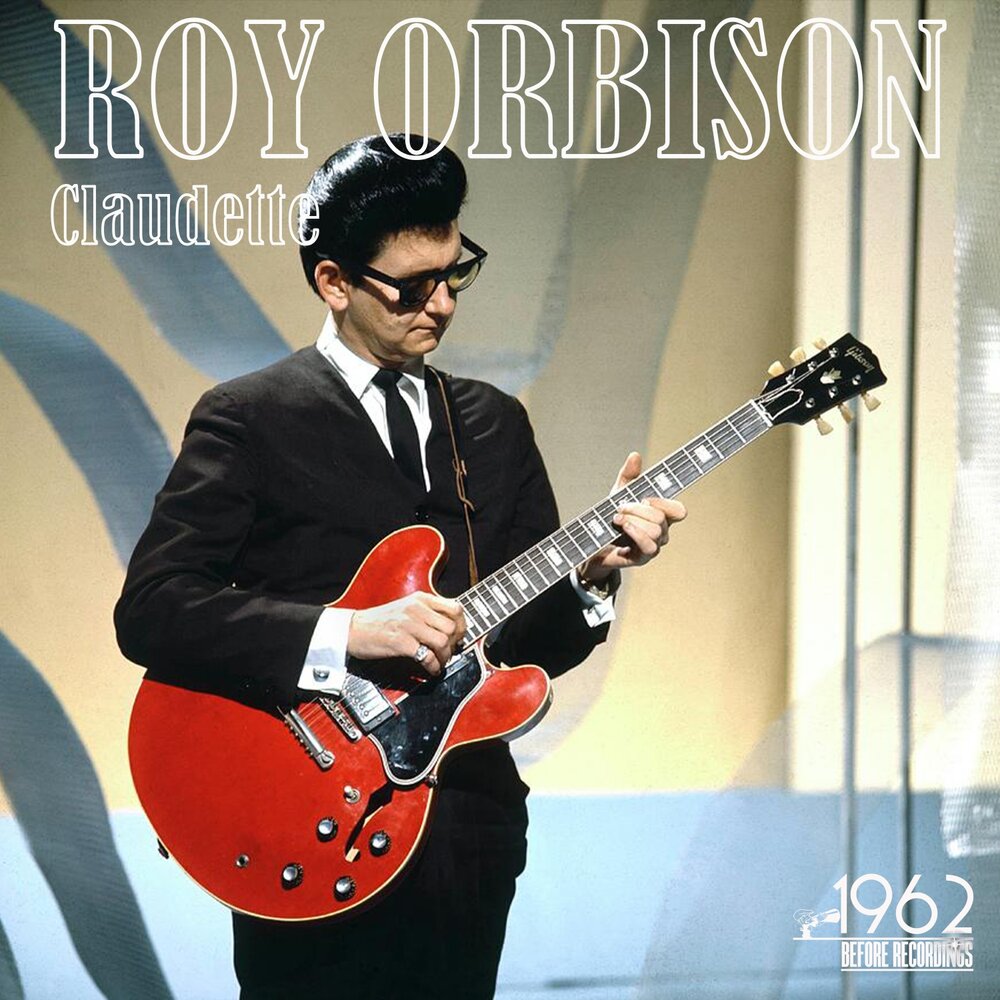“Running Scared” by Roy Orbison is a haunting, dramatic ballad that showcases the depth and intensity of Orbison’s vocal talent. Released in 1961, the song became a major hit, reaching number one on the Billboard Hot 100, and is considered one of Orbison’s finest works. Known for his ability to blend vulnerability with raw emotion, Orbison creates an unforgettable experience in this track, which is both a testament to his unique style and a standout moment in early rock ‘n’ roll and pop music history.

The song tells a tense and suspenseful story of a man who fears losing his lover to a past flame. Throughout the song, the narrator is consumed by anxiety and doubt, wondering if his partner’s former love will return and reclaim her affection. The lyrics capture the man’s emotional turmoil: “Just running scared, each place we go / So afraid that he might show.” This sense of insecurity builds throughout the song, drawing the listener deeper into the narrator’s emotional state.
One of the most remarkable features of “Running Scared” is its unique structure. Unlike many pop songs of the time, it does not have a traditional chorus. Instead, it gradually builds in intensity from the first verse, with Orbison’s voice starting soft and low, becoming more powerful as the song progresses. This slow, dramatic build-up creates a sense of tension and anticipation, pulling the listener along with the narrator’s emotional journey. The song’s climax comes at the very end, when Orbison hits a stunning high note, conveying both relief and triumph as the narrator’s fears are finally alleviated with the line, “And then he walked away.”
Orbison’s vocal performance in “Running Scared” is nothing short of extraordinary. His ability to control his voice, starting with a delicate vulnerability and then soaring into an impassioned, operatic climax, demonstrates his exceptional range and skill as a vocalist. His emotive delivery captures the narrator’s deep insecurities and desperation, making the listener feel the intensity of his fears and hopes.
The musical arrangement in “Running Scared” is relatively simple, allowing Orbison’s voice to take center stage. A gentle rhythm section and strings provide a haunting backdrop that complements the growing emotional tension of the song. The minimalistic instrumentation helps create a stark atmosphere, making Orbison’s vocal performance all the more impactful.
Lyrically, the song captures a universal theme: the fear of losing someone you love. The narrator’s inner conflict, torn between hope and fear, is something many listeners can relate to. This vulnerability is a key part of Orbison’s appeal as an artist. He often portrayed characters who were not the typical confident, swaggering figures of early rock ‘n’ roll, but rather sensitive and introspective individuals grappling with intense emotions.
“Running Scared” was a pivotal moment in Roy Orbison’s career, helping to establish him as a major force in the music industry during the early 1960s. His distinctive blend of rock, pop, and operatic influences set him apart from his contemporaries, and his ability to convey deep emotional complexity in his songs resonated with a wide audience. The song’s success on the charts further solidified Orbison’s reputation as a unique and influential artist, capable of delivering powerful, emotionally charged performances.
In conclusion, “Running Scared” by Roy Orbison is a masterclass in emotional storytelling through music. Its gradual build-up, Orbison’s soaring vocals, and its suspenseful narrative make it a timeless classic. The song remains a testament to Orbison’s unparalleled ability to convey vulnerability and intensity in his music, leaving a lasting impact on listeners. Even decades after its release, the song’s emotional power and unique structure continue to captivate fans of all ages.
Just runnin’ scared each place we go
So afraid that he might show
Yeah, runnin’ scared, what would I do
If he came back and wanted you?
Just runnin’ scared, feelin’ low
Runnin’ scared, you love him so
Just runnin’ scared, afraid to lose
If he came back, which one would you choose?
Then all at once he was standing there
So sure of himself, his head in the air
My heart was breaking, which one would it be?
You turned around and walked away with me
